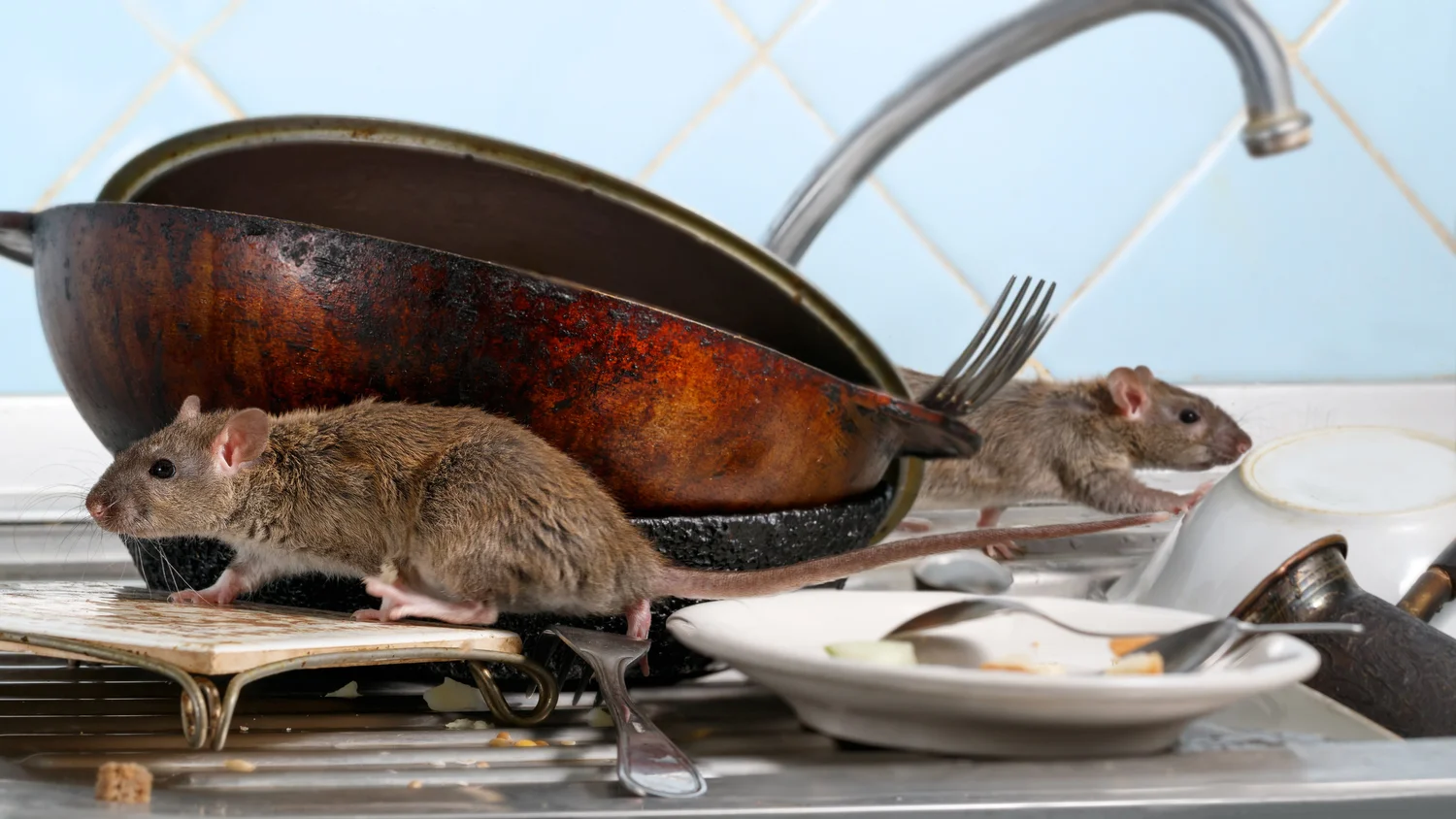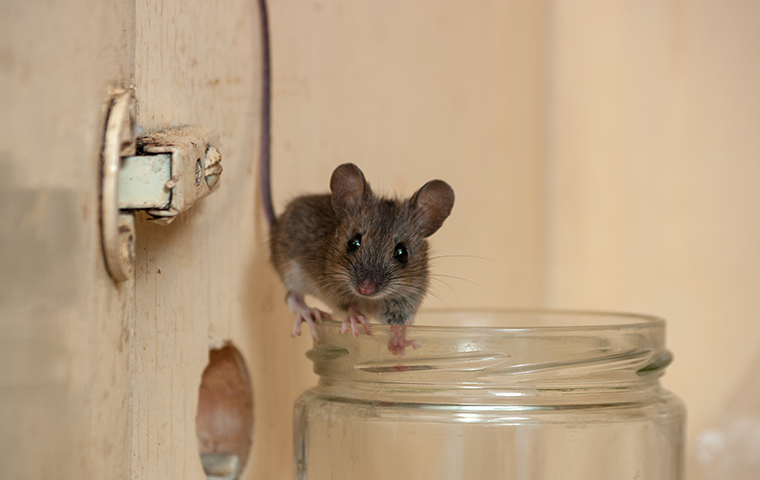Nothing disrupts the peace of a home quite like unwelcome guests, particularly those that scuttle, buzz, or nibble through our spaces. Ensuring that your home stays free of pests not only preserves peace but is crucial for maintaining health and hygiene. The good news is that you can take control. Begin this journey by learning to pest-proof your house, minimizing the risk of infestations and fostering a healthier living environment.
Implementing these measures is not just about getting rid of pests when they appear but about taking charge to prevent them from ever entering your sacred space. By understanding the pests you might encounter and tackling them with proven strategies, you will find yourself living more comfortably and with less interruption.

Understand Your Enemy: Common Household Pests
To effectively pest-proof your house, it's essential first to identify the adversaries you're up against. Common household pests include rodents, ants, termites, cockroaches, and more. Each of these pests comes with unique challenges and requires specific approaches for prevention.
Rodents: Tiny but Terrifying
Rodents like mice and rats are more than just nuisance creatures; they are carriers of diseases and can cause considerable damage to your property. For dedicated strategies focusing on preventing rodents, initially look towards sealing entry points, which is where these critters sneak in.
The Art of Sealing Entry Points: Shielding Your Fortress
One of the most effective measures in the fight against pests is sealing off their potential entrances. Cracks, crevices, and holes around windows, doors, and foundations are common passageways for pests. Inspecting your home regularly to identify these vulnerabilities and sealing them with appropriate materials like caulk or steel wool is a proactive step you mustn't overlook.
If you're dealing with insect invasions, keeping your window and door screens in good repair is vital. Tiny bugs can squeeze through even the smallest torn screen, invading your living room or kitchen. Consider reading more about screen maintenance and repair on how to keep insects out of the house.
Sanitation: Keeping Your Home an Unattractive Target
The first rule of thumb when attempting to reduce pests is good sanitation, which should be a daily ritual. Pests are drawn to food and water sources, so ensuring that spills are promptly cleaned, trash is regularly removed, and food is stored in airtight containers can dramatically reduce your home's attractiveness to pests.
Specifically, regular cleaning underneath appliances and in crevices is crucial. These are often overlooked spots where crumbs and grease accumulate, inviting bugs and rodents. Availing yourself of natural prevention methods is a plus for both aesthetics and effectiveness.
Yard and Garden Maintenance: The First Line of Defense
Keeping your garden trimmed and free from debris forms the first defense line in pest management. Overgrown shrubs and lawn clippings can harbor pests, providing them with cover and breeding grounds. Regularly trimming back vegetation and clearing away organic refuse ensures that pests have fewer places to hide and reproduce.
Additionally, ensure that compost bins are well-maintained and that trash cans are secure and located away from the house, depriving pests of easy food sources.
Professional Help: When to Call the Experts
Sometimes, the infestation is beyond the DIY stage, and opting for professional assistance is necessary. Pest control specialists bring expertise and tools tailored for specific pest problems, guaranteeing a more reliable solution that will restore tranquility to your home.
It's vital to select a credible service; read reviews and consult with multiple companies before settling on one. Have a look at what to consider when hiring pest control services.

FAQs: Your Common Concerns Answered
How often should I inspect for pest signs?
It's advisable to inspect your house quarterly for pest signs, especially at entry points and frequently trafficked areas.
Are there any natural pest deterrents?
Yes, several natural deterrents like peppermint oil for rodents and vinegar solutions for ants are effective.
When do I need professional pest control?
If you notice large signs of infestation or if your DIY measures have been ineffective, professional pest control might be necessary.
Creating a pest-free home doesn't have to be daunting. By adopting a proactive stance with regular inspections, maintenance, and proper sanitation, pest-proofing your house becomes a manageable and rewarding task. Dive deeper into strategies by exploring our artfully crafted preventative pest control techniques.
This article contains affiliate links. We may earn a commission at no extra cost to you.
